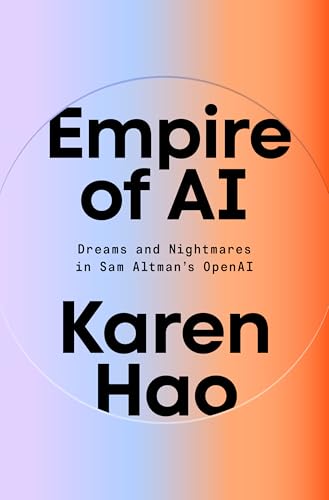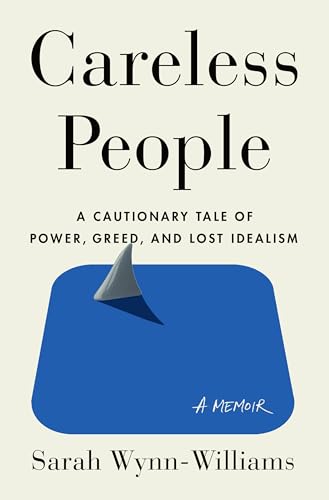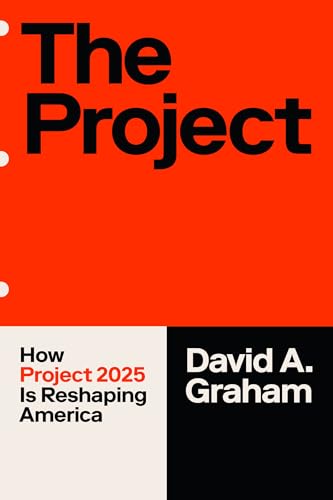Review of Empire of Ai
by Johny McFliggen, PhD Literature & Business, Oxford
In the grand tapestry of literature dissecting the shadowy realm of artificial intelligence, Karen Hao's "Empire of Ai" attempts to weave its own distinctive narrative. One might imagine this book as a chess match between humanity's relentless pursuit of technological advancement and the quiet, unyielding power of algorithms. Hao dives into the labyrinthine disruptions caused by AI, painting a picture that is both compelling and cautionary.
Hao's examination is reminiscent of Yuval Noah Harari’s thought-provoking narratives in "Homo Deus," where the future of humanity is meticulously scrutinized. However, while Harari often revels in expansive historical contexts, Hao zeroes in on the here and now, offering a forensic analysis of AI's pervasive influence on our societal structures. This approach gives "Empire of Ai" an immediacy and relevance that is hard to ignore.
In many ways, reading this book feels akin to watching an episode of "Black Mirror," where the future is not just a distant possibility but a tangible presence looming over our collective psyche. Hao delves into the resources commandeered by AI with a meticulousness that recalls the investigative tenacity of Ronan Farrow in "Catch and Kill." Her narrative scours the globe, uncovering the often-silent conquests made by algorithms as they encroach upon industries traditionally governed by human intuition.
What sets this book apart from others like Nick Bostrom's "Superintelligence" is its journalistic vibrancy. While Bostrom philosophizes on potential existential risks, Hao remains grounded, reporting from the frontlines of this digital revolution. Her detailed accounts of AI's impact on everything from agriculture to finance carry the weight of someone who has peered beyond the glossy veneer of technological utopias.
Hao’s prose is not without its moments of brilliance, reminiscent of Malcolm Gladwell’s knack for distilling complex ideas into digestible insights. However, unlike Gladwell's often optimistic tone, Hao maintains a measured skepticism throughout her exploration. This is not to say she fearmongers; rather, she provides a sober assessment of AI’s dual-edged sword.
As I turned the final pages, I was left pondering the ethical dilemmas and societal shifts brought about by this empire of code and machine learning. Hao does not offer easy answers; instead, she invites us to grapple with these questions ourselves. In a literary landscape filled with grandiose promises of AI-driven futures, "Empire of Ai" stands as a necessary counterpoint—an incisive reminder that with great power comes great responsibility, echoing Stan Lee’s timeless wisdom.
In essence, "Empire of Ai" is a masterclass in balancing narrative flair with journalistic inquiry. It's a work that demands attention, much like a masterful game of chess where each move has profound implications on the outcome. For those curious about the true state of our AI-laden world, Hao’s book is a must-read—provided you are ready to confront the echoes of a future already unfolding before us.
Purchase Link: Empire of Ai on Amazon



